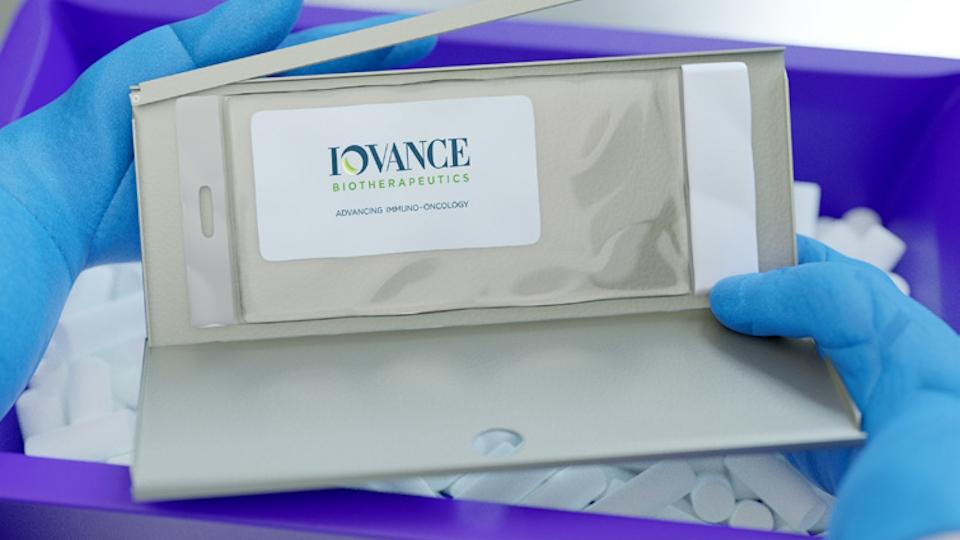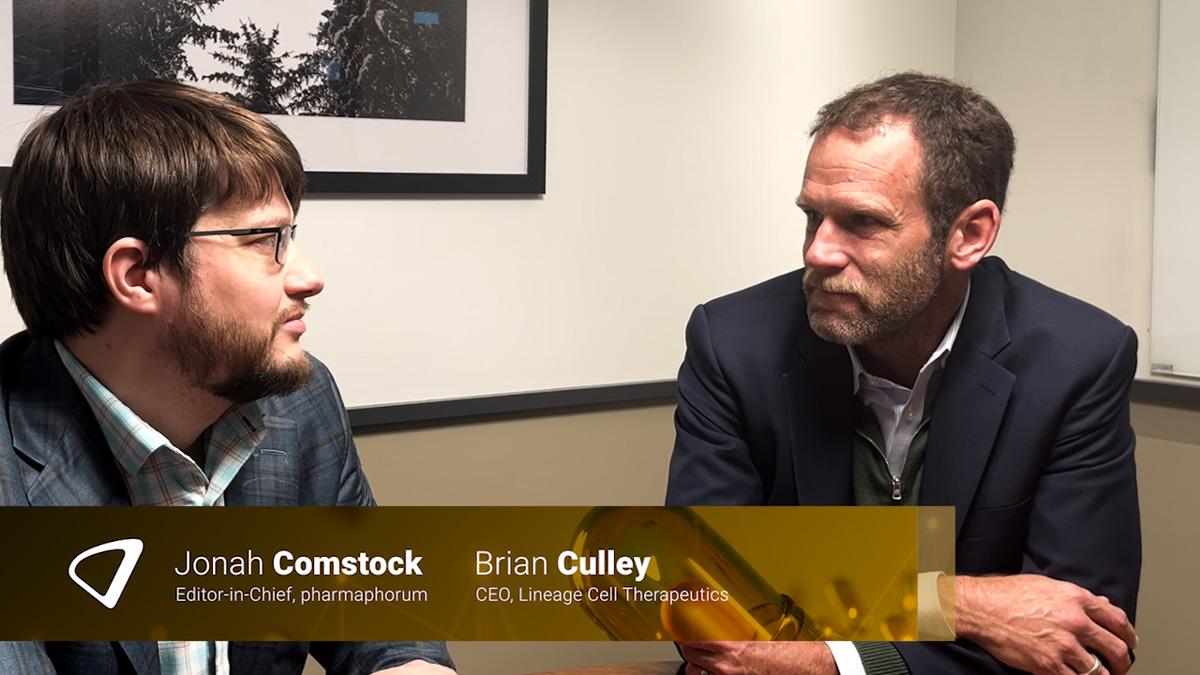New era for cell therapy as FDA OKs first for solid tumours

Iovance Biotherapeutics has carved out a piece of biotech history, becoming the first company to win FDA clearance for a cell therapy used to treat a solid tumour.
The US regulator has granted accelerated approval for Iovance’s autologous tumour-infiltrating lymphocyte (TIL) therapy Amtagvi (lifileucel) to treat patients with melanoma that has spread to other parts of the body, but cannot be treated using surgery, who have been previously treated with other therapies, including a PD-1 inhibitor.
Targeted treatment with BRAF or MEK inhibitors should also be tried first for patients whose tumours carry BRAF V600 mutations, according to the FDA.
Iovance is hoping to replicate the clinical successes and commercial success seen with CAR-T cell therapies for haematological cancers like non-Hodgkin lymphoma, acute lymphoblastic leukaemia, and multiple myeloma in the solid tumour arena, which is a much larger market.
Along with melanoma, the company has trials ongoing for Amtagvi as a monotherapy in cervical cancer and in combination with checkpoint inhibitors for melanoma, cervical, and non-small cell lung cancer (NSCLC). It is also developing a follow-up TIL therapy called LN-145 for NSCLC.
Amtagvi is a personalised one-shot therapy based on T-cells extracted from a patient’s tumour at an authorised treatment centre, expanded in the lab and reinfused to fight the cancer throughout the body. Unlike CAR-T therapies, there is no need to modify the cells, but patients undergo a similar lymphodepletion regimen to help make room for the new immune cells.
Iovance is making the therapy available with a list price of $515,000 and says it has the capacity to treat “several thousands” of patients a year, which suggests blockbuster sales if it can address even a portion of that potential market. It is also preparing to file Amtagvi for approval in Europe in the coming months.
“The approval of Amtagvi represents the culmination of scientific and clinical research efforts leading to a novel T-cell immunotherapy for patients with limited treatment options,” commented Peter Marks, director of the FDA’s Center for Biologics Evaluation and Research (CBER).
The therapy could offer a lifeline to patients who progress despite treatment with PD-1 inhibitors, such as MSD’s Keytruda (pembrolizumab) – a group that had no FDA-approved treatment options until now.
The FDA approval is based on safety and efficacy results from the 73-subject C-144-01 clinical trial, which showed an objective response rate (ORR) of 31.5%, and Iovance has started a confirmatory trial (TILVANCE-301) that could also serve as a registration study for Amtagvi as a frontline advanced melanoma therapy in combination with Keytruda.













